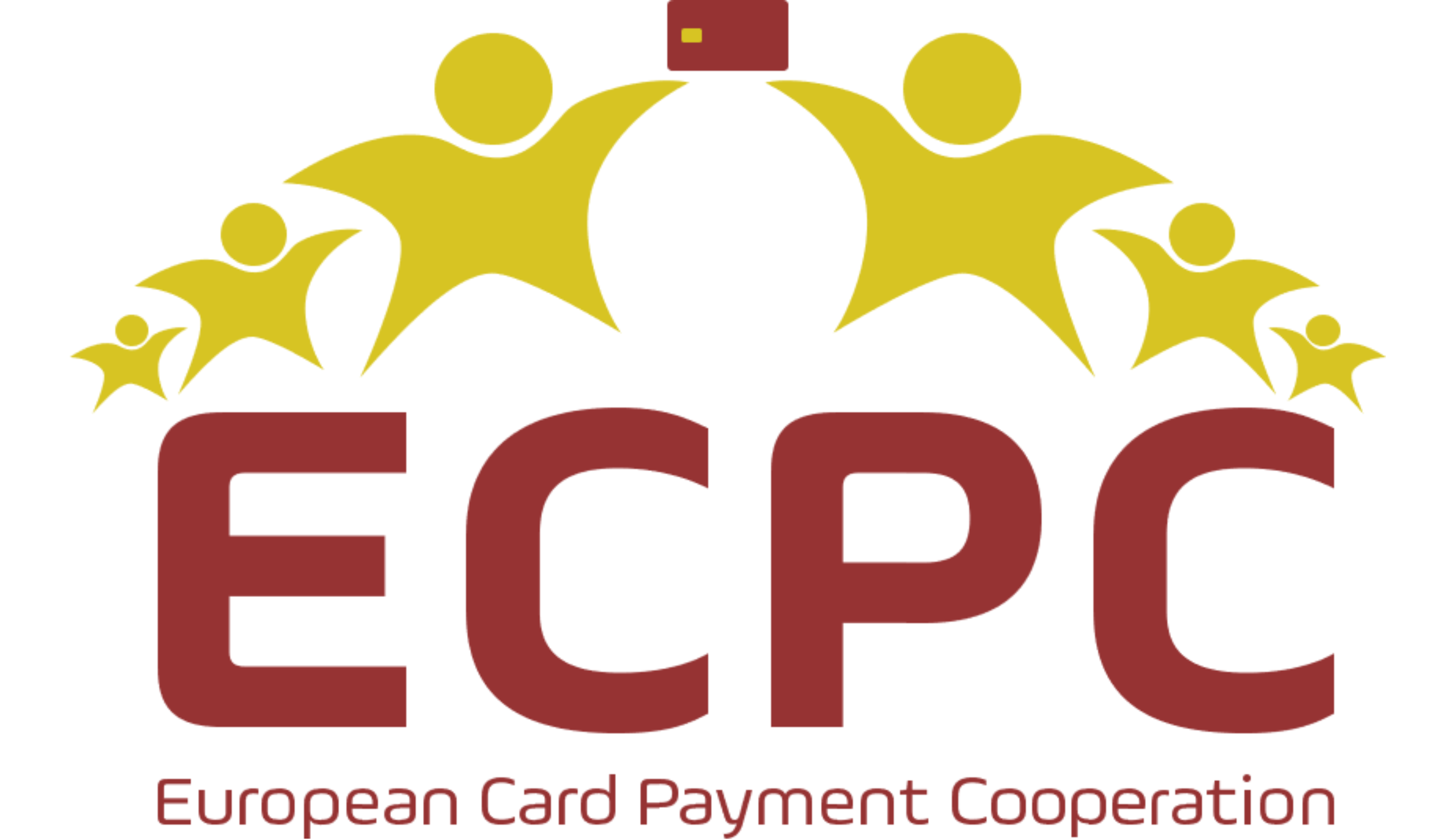BNP Paribas Fortis selects CPACE for its Bancontact Card application in Belgium
The European Cards Payment Cooperation (ECPC) proudly announces the issuance of CPACE cards by BNP Paribas Fortis (BNPPF) in Belgium, after having successfully passed the ECPC Certification. The cards have been developed by G&D and Thales, two of the card vendors registered in the ECPC. Both cards have been certified by the ECPC laboratories and approved for mass rollout by Bancontact Payconiq Company.
After hundreds of thousands of payment terminals have already been equipped with a contactless kernel compatible with the CPACE specification, the market is now also experiencing major advances in the deployment of CPACE for cards.
Since 2021, 38 implementations of the CPACE contactless kernel specifications and 6 implementations of the CPACE Dual Interface Card application have been certified by the ECPC laboratories. All these certificates are published in the ECPC website and can be accessed through this link https://europeancardpaymentcooperation.eu/certified-products/.
In 2022, CPACE Contactless Kernels were also certified for mobile devices.
Moreover, additional companies started their respective certification processes by registering their products in the ECPC website (see: https://europeancardpaymentcooperation.eu/ecpc-registered-vendors/). The outcome of their certifications is expected in 2023.
The ECPC Certification is managed by the ECPC Certification Committee, and its objective is to ensure that all CPACE implementations are issued in compliance with the CPACE specifications. The ECPC cooperates with PayCert as a Certification Body, and with Elitt and FIME as Test Tool Providers and Test Laboratories.
Vendors from all over the world have achieved a CPACE certification and represent well-known stakeholders in this domain. CPACE card vendors are, for now, mostly European based, whereas the list of CPACE POI Kernel vendors includes not only European companies but also relevant players from China, the USA, and Taiwan.
The use of CPACE specifications increases the European sovereignty in the field of payments. More information can be found on the ECPC website European Card Payment Cooperation – Home of the CPACE ecosystem in the payments industry.
Matthias Hönisch, Chairman of the ECPC Board and Head of the Card Business Unit of the Association of German Cooperative Banks, expresses his deep satisfaction for the very significant advances achieved during 2022 related to the CPACE specifications, in both the issuance and in the acceptance side especially on the European card payment market, and believes that this has been only the start, with great expectations for many additional developments during 2023.
Philippe Kempeners (ECPC Board Director and Treasurer and Scheme Manager at Bancontact Payconiq Company) comments: “Belgium has always been frontrunner for new technical innovations in the card payment area. Bancontact Payconiq Company fully supports the CPACE initiative since its very beginning and we are very proud to announce this major step in the deployment of independent CPACE products in Europe”.
Laurent Loncke, Director Retail Banking of BNP Paribas Fortis, confirms that, within the context of the migration of their cards´ portfolio to a new chip technology, they have taken the opportunity to implement the new CPACE standard, created and maintained by the ECPC, to facilitate contactless payments. With the integration of such a standard, BNPPF is contributing to the European initiative to setup and use a single, independent, and consistent card payment application for the European market.
Ludovic Verecque, General Manager at PayCert comments: “The issuance of certified CPACE cards on the Belgian market, after the French market last year, is an important milestone as the recognition of ECPC certificates by SEPA card schemes allows to mutualize the test infrastructure which saves costs and optimizes the time-to-market. In that regard the past 2 years have been extremely fruitful to develop a reliable certification framework within the ECPC and the fact that BNPPF is about to issue Bancontact cards based on CPACE is a visible result of this development on the field. »
Grégoire Guétin, Sales & Marketing director at ELITT, explains: “The issuance of CPACE cards in Belgium is a proof that CPACE is now massively deployed in the SEPA area. We are proud to be part of this success by providing our test tools and test services to the actors of this ecosystem.”
Lionel Grosclaude, CEO at Fime, comments: “CPACE is giving the European card and mobile payment community a secure and interoperable foundation. Our experts, labs and cloud-based test platform are helping stakeholders to bring secure and dependable contactless solutions to market faster. We are proud to be facilitating contactless interoperability to drive better user experiences across Europe.”
About the ECPC
The European Card Payment Cooperation (ECPC) has been founded in Belgium with the objective to create the ecosystem for the CPACE technical specifications in the card payment industry, by bringing together the unique capabilities and skills of the different European payment schemes.
The ECPC has been conceived as a standardization organization and its key assets are: i) Dual Interface Cards Specifications; ii) Mobile Phone HCE Specifications; iii) Kernel Specifications for Dual Interface Cards and HCE acceptance; iv) Certification Framework, and v) Test cases.
ECPC Shareholders include: Bancontact Payconiq Company (Belgium), Borica-Bcard (Bulgaria), Groupement des Cartes Bancaires “CB” (France), SIBS MB (Portugal), Sistema de Tarjetas y Medios de Pago “STMP” (Spain), and SRC-girocard (Germany).
The Chairman of the Board is Matthias Hönisch, who heads the Card Business Unit of the Association of German Cooperative Banks and currently chairs the girocard managing committee of the German Banking Industry Committee (GBIC). The C.E.O. is Carmen Carnero, currently Deputy General Manager for Operations and Technology at STMP in Spain.
Contact: carmencarnero@sistemapay.es
Communiqué de presse officiel de l’ECPC – 26 Janvier 2023


